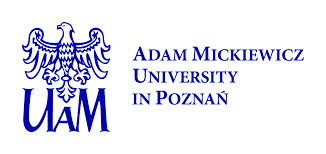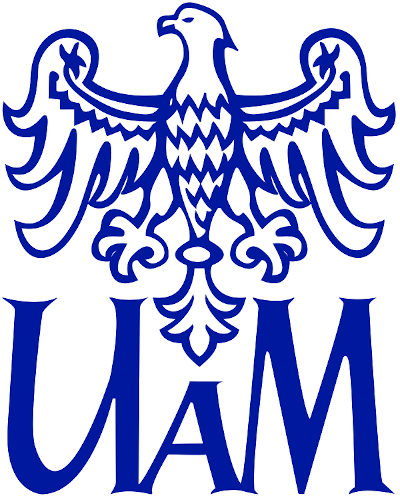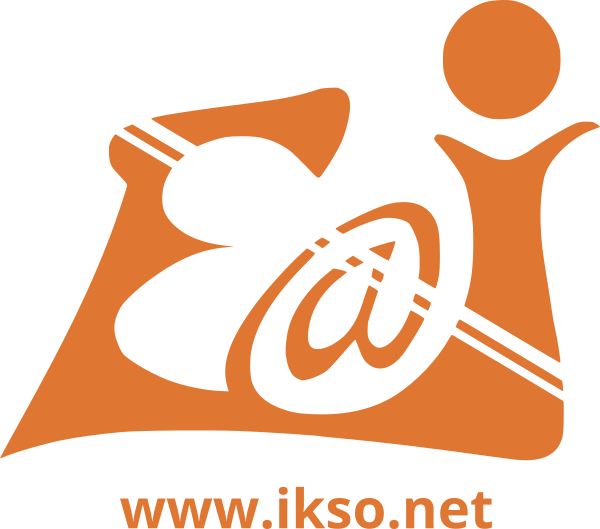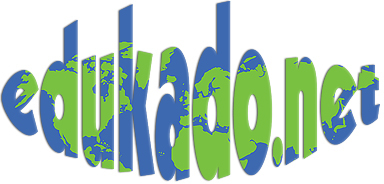Fifth Interlinguistics Symposium (17-18.09.2020)
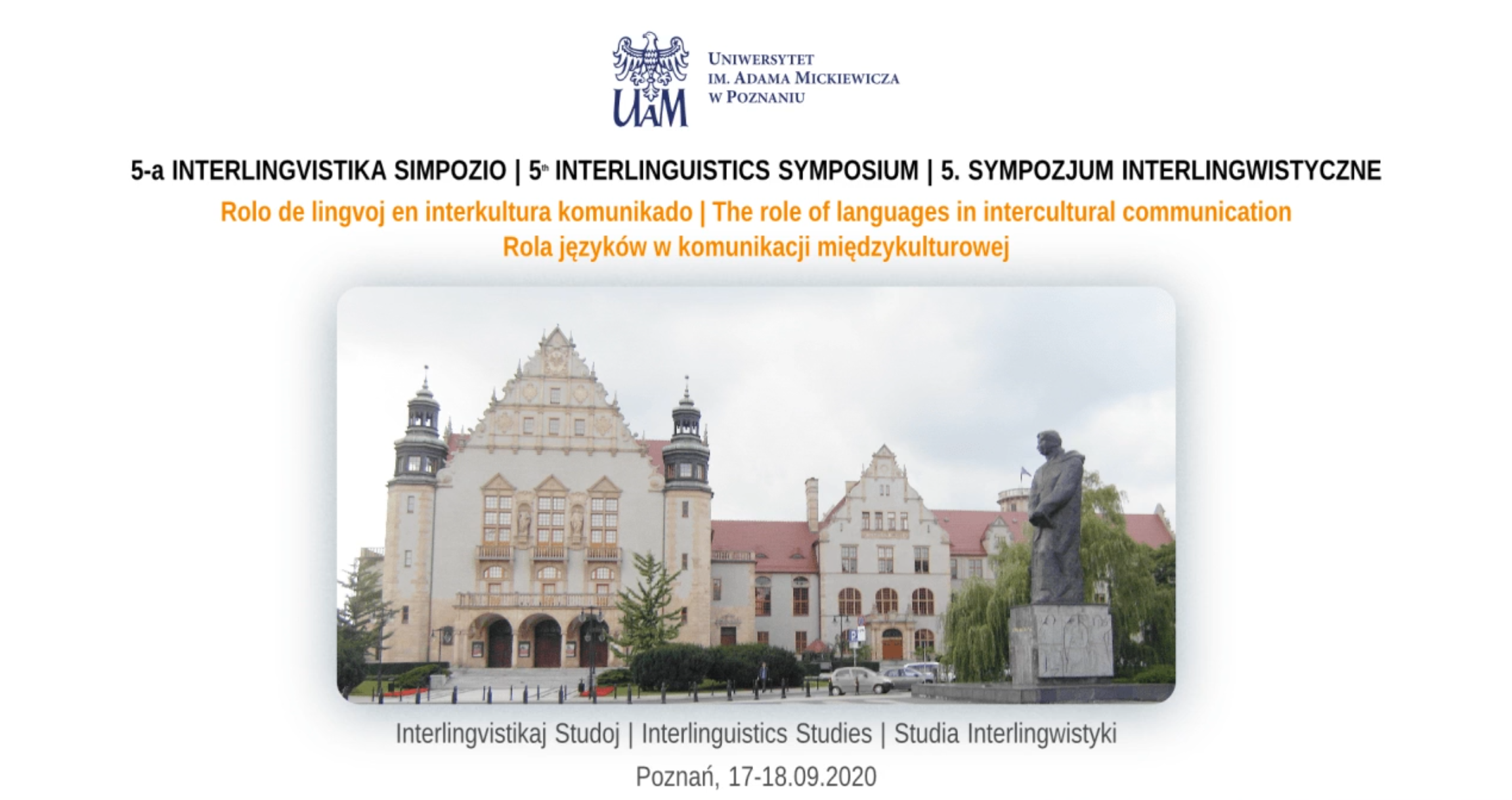
Fifth Interlinguistics Symposium at AMU
The Interlinguistic Studies program (Institute of Ethnolinguistics, Faculty of Modern Languages and Literature, Adam Mickiewicz University, Poznań, Poland) organized the fifth international Interlinguistics Symposium held September 17-18, 2020 in Poznań in virtual form. The main subject was:
Conference description:
Intercultural communication is an everyday occurrence in our globalizing age. Meetings between people from difference cultures can lead to misunderstandings and conflicts. Only a knowledge of one’s own and other cultures, awareness and openness to difference can lead to effective intercultural communication. The language used by those communicating (whether the native language of one of the parties or a common interlanguage) plays a role in the success of communication as well. The role played by international languages such as English, Spanish and others, as well as international planned languages such as Esperanto, in interpersonal or international contexts is the focus of the symposium.
|
Program (PDF): |
Book of abstracts (PDF):
Abstracts |
Record Setting Interlinguistics Symposium (report)
The Fifth Interlinguistics Symposium of the Interlinguistic Studies of Adam Mickiewicz University (AMU) in Poznań, Poland took place 17-18 September, 2020. This edition of the symposium, organized every three years, was the first to be held virtually. The main theme was “The Role of Language in Intercultural Communition”. The goal was to bring researchers together in order to discuss aspects of intercultural communication and to analyse possiblities and problems in the fields of linguistics, language policy and culture.
After the welcome address by the Director of Interlinguistic Studies, prof. Ilona Koutny and the official opening by Vice-rector of AMU, prof. Katarzyna Dziubalska-Kołaczyk there were almost 60 papers presented in three sections on both days as well as two sections with plenary speeches and three discussion groups. Organizing such an event in virtual form was a daunting challenge involving bringing together colleagues from Europe, the Americas and Asia at the same time and coordinating presentations in three languages, Esperanto, English and Polish according to topic. The symposium was a truly international affair with presenters and session leaders from 23 different countries (70 % from outside of Poland, speeches: 31 in Esperanto, 22 in English, 4 in Polish).
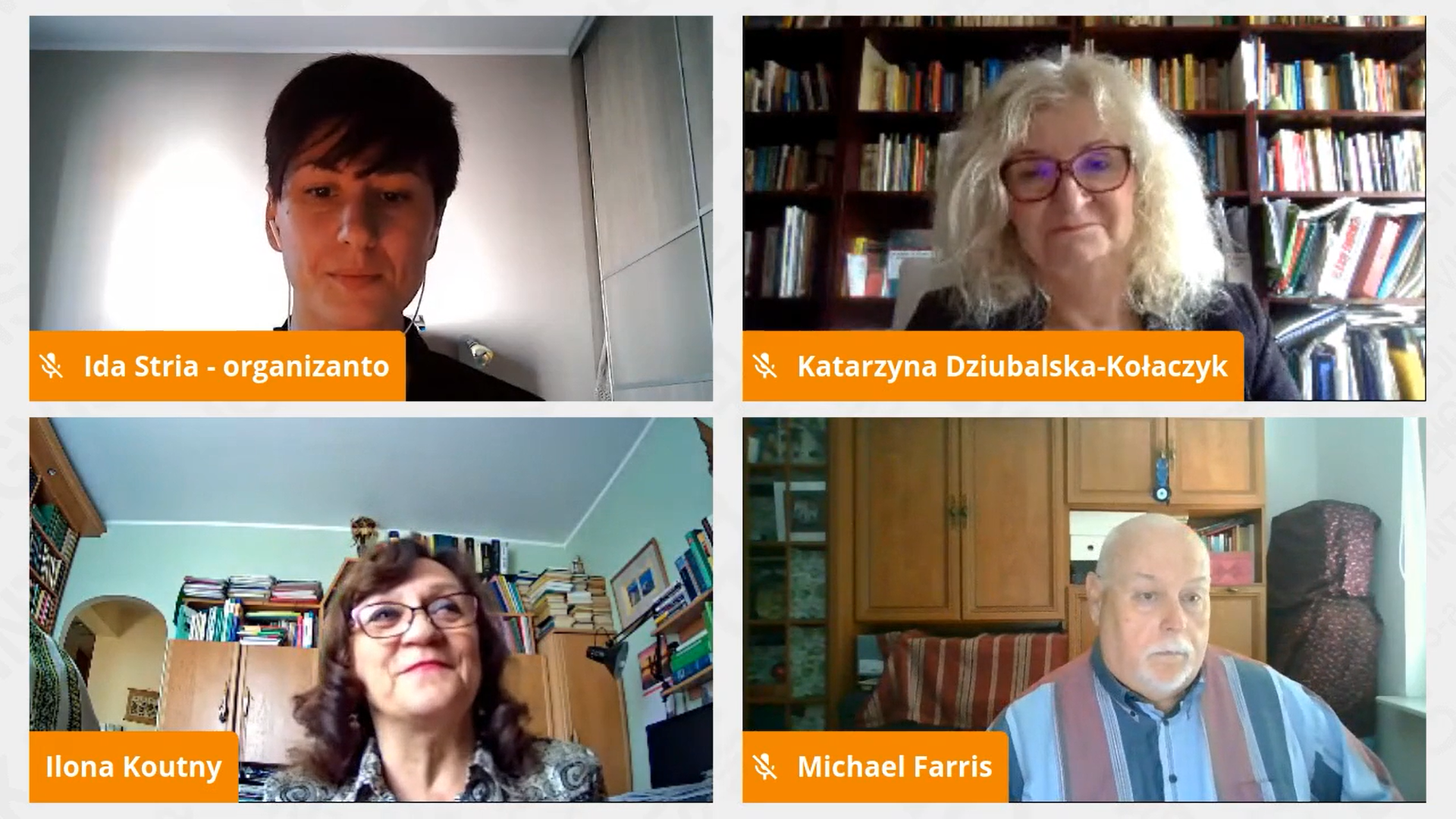
The program was rich, and the discussions were lively. The main sections (divided into several blocks) were intercultural communication, language policy and intercultural education. Discussion groups also addressed these topics Thursday evening (led by Ilona Koutny, Federico Gobbo and Duncan Charters). This created a space for dialogue between Esperantist researchers and colleagues from other fields.
Esperantology, primarily Esperanto linguistics was featured in several blocks by well-known Esperanto specialists. Also worthy of mention was a plenary speech and a session devoted to international and intercultural aspects of sign languages, including a presentation by a Deaf researcher. Attendees were able to ask questions directly after the presentations and in chat groups following the sessions.
Thanks to the virtual format, there were more than 300 participants from across the world (from 51 countries and five regions from Europe to Oceania) were able to follow the program. Participants will be able to re-watch the symposium for one month on the platform and afterwards selected presentations will be published on a special YouTube channel. A monograph is planned after the symposium with selected and elaborated papers.
During the closing ceremonies, after thanks from the Director of Interlinguistic Studies, reports on the main themes of the symposium were given. The symposium ended with a short concert by local singer Zuzanna Kornicka who has previously performed during the banquets held during interlinguistic study sessions and symposiums.
We would like to express our gratitude to Katalin Kováts, editor of the educational portal Edukado.net. Our thanks also go to the outstanding technical support in producing the symposium provided by the E@I team of Sonja, Dorota, Matthieu under the leadership of Peter Baláž with whom we were in constant contact during the weeks before the symposium. We would also like to thank the Esperantic Studies Foundation (ESF) for their financial help with the technical aspects.
Symposium organizers: Ilona Koutny, Ida Stria, Michael Farris
Contact details:
Interlinguistic Studies, Institute of Ethnolinguistics (Prof. Ilona Koutny)
Adam Mickiewicz University
al. Niepodległości 4
PL-61-874 Poznań, POLAND
interlingv@gmail.com / interlin@amu.edu.pl
http://interl.amu.edu.pl
Questions should be submitted to: interlingv@gmail.com
Interlingvistikaj Studoj

